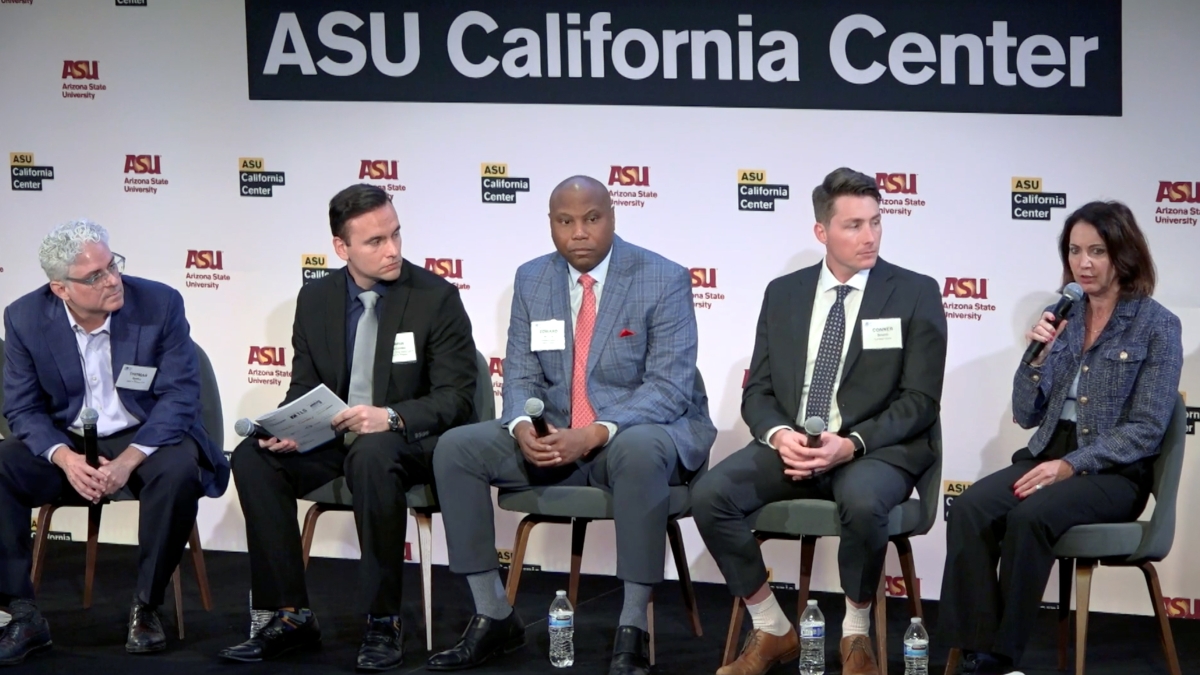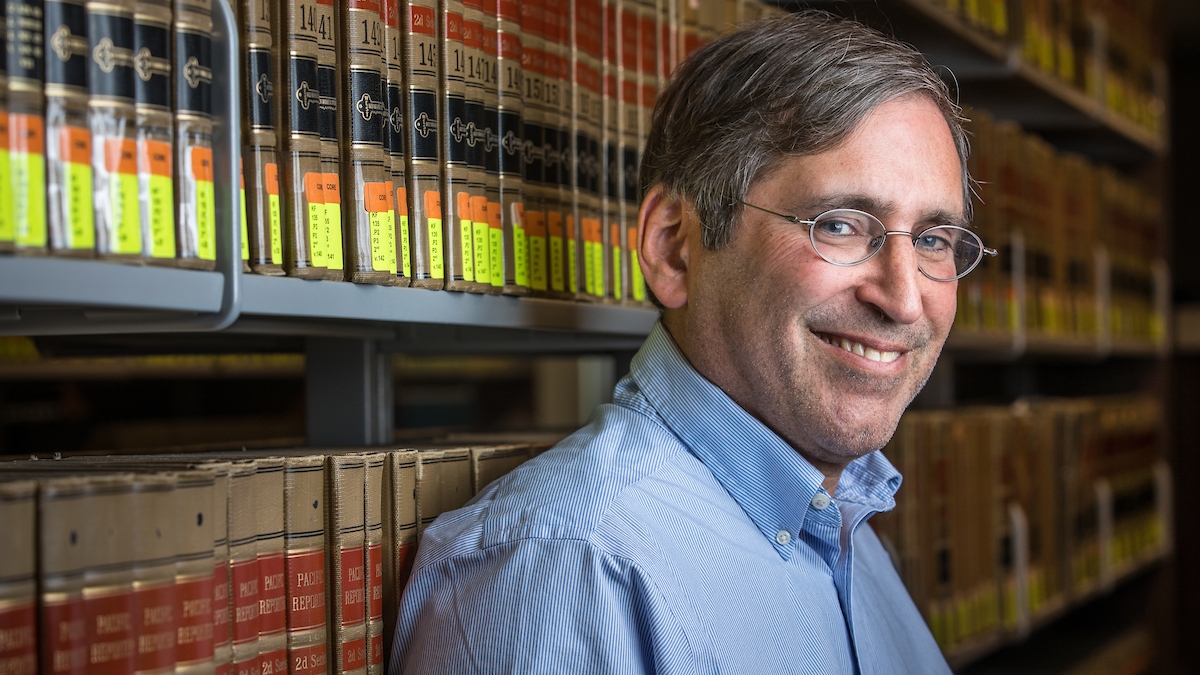Arizona State University Professor Daniel Bodansky isn’t a betting man, especially when it comes to global climate change. He likens the issue to a cancer diagnosis: “If ninety-seven doctors told me I had cancer and three said that I didn’t, I’d hope that the three were right. But I wouldn’t want to bet my life on it.”
Bodansky, a Foundation Professor in the Sandra Day O’Connor College of Law, thinks the same is true of climate change.
“I’m not a scientist so I have to rely on what the vast majority of climate scientists say,” Bodansky said. “I hope the skeptics are right and that predictions of catastrophic warming are unfounded. If climate change isn’t a problem, that would be fantastic.”
However, Bodansky believes we should put our money on the consensus view. That’s why he’s spent much of his professional career working to help solve the climate change problem.
Recently the university recognized Bodansky by naming him as one of four ASU Regents’ Professors for the 2017–18 academic year.
Regents’ Professor is the highest faculty honor and is conferred on full professors who have made remarkable achievements that have brought them national attention and international distinction.
“Dan’s work is — literally — Earth changing. There are few things more important than climate change and Dan is at the forefront of the issue. As one of the leading voices and thinkers on this topic, Dan is sought after for his expertise on the legal and governance aspects,” said Douglas Sylvester, dean of the Sandra Day O’Connor College of LawBodansky is also the faculty co-director for the Center for Law and Global Affairs. In addition, he is an affiliate faculty member with the Center for Law, Science and Innovation, and the Julie Ann Wrigley Global Institute of Sustainability's School of Sustainability at ASU..
Over the course of his three-decade career, Bodansky has authored or edited five books, more than forty articles and book chapters, and numerous policy pieces for non-governmental organizations and think tanks, including several touchstone pieces on the design of international climate agreements.
The Harvard-Cambridge-Yale law school graduate said his interest in climate change started in 1991 when he studied the negotiation of the United Nations Framework on Climate Change on a fellowship from the Council on Foreign Relations. A year later he attended the Earth Summit in Rio de Janeiro, which provided a framework for governments to rethink economic development and find ways to stop the depletion of irreplaceable natural resources and pollution of the planet and replace the use of fossil fuels with alternative sources of energy.
“I saw the climate change movement from the ground floor and I’ve been following it closely ever since,” Bodansky said.
Over the year, he went from follower to leader. In August 1999 he was appointed Climate Change Coordinator for the U.S. Department of State. It was there, he said, where he experienced firsthand how difficult it is to get agreement internationally.
“International law doesn’t have a lot of sticks to force countries to change their behaviors because there aren’t a lot of sanctions or enforcement mechanisms,” Bodansky said. “A lot of international law is finding ways to coax countries into changing. Look at our Congress. It’s hard for them to decide anything. Think how much harder it is to get 195 countries to reach consensus.”
That’s why the 2015 Paris Agreement was such an achievement. It established for the first time a truly global process to put the world on track to avoid dangerous climate change by limiting global warming to well below 2 degrees Celsius.
He hopes his counsel will spur the next generation of international environmental lawyers.
“International law requires getting into the details to understand the complexities of an issue, and sometimes that can be frustrating,” Bodansky said. “This is a long slog and there are no easy shortcuts or solutions.
“Big ideas are great but there’s also a role for more nuanced detail.”
More Law, journalism and politics

TechTainment conference explores the crossroads of law, technology, entertainment
What protections do writers, actors, producers and others have from AI? Will changing laws around name, image and likeness (NIL) eliminate less lucrative college sports?And what does the No…

How to watch an election
Every election night, adrenaline pumps through newsrooms across the country as journalists take the pulse of democracy. We gathered three veteran reporters — each of them faculty at the Walter…
Law experts, students gather to celebrate ASU Indian Legal Program
Although she's achieved much in Washington, D.C., Mikaela Bledsoe Downes’ education is bringing her closer to her intended destination — returning home to the Winnebago tribe in Nebraska with her…
